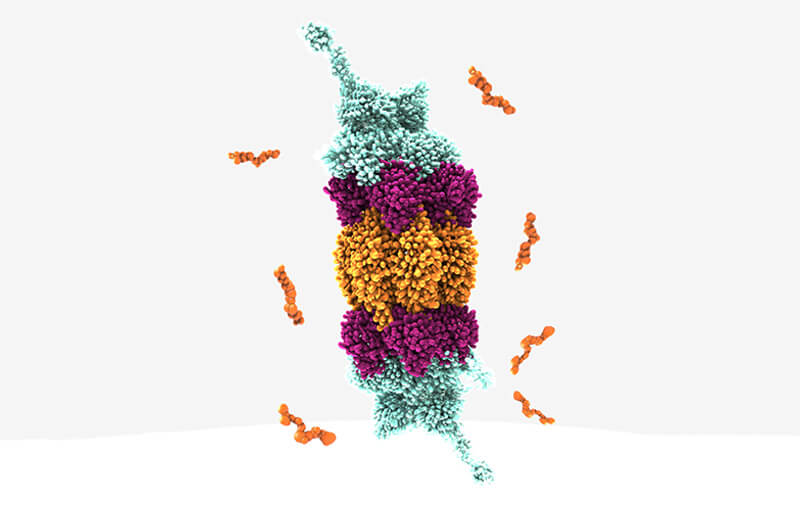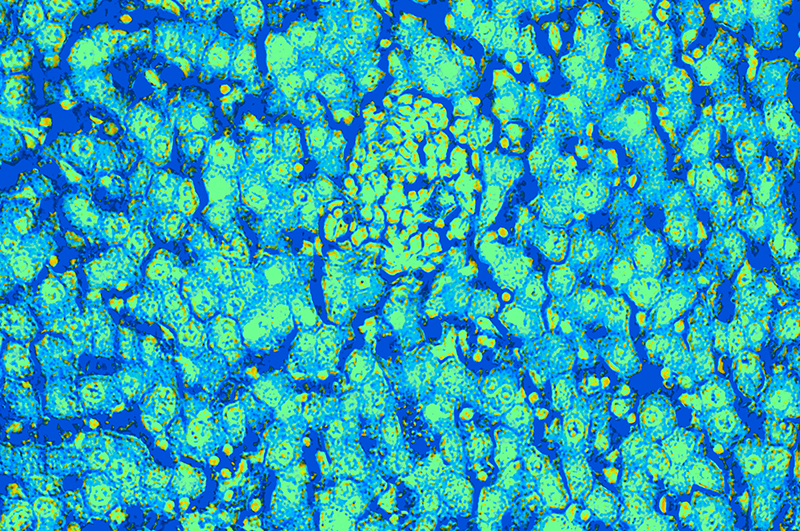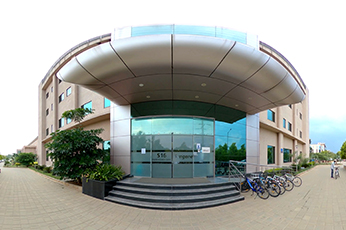High Throughput Screening (HTS) solutions enable identification of chemical and biological compounds for various applications. Both enzyme/protein and cell-based assays are employed in combination with fluorescence, absorbance, luminescence, and scintillation detection methods. The complexity and need for significant upfront expenditures often drive discovery stage organizations to outsource HTS activities.
Expanding beyond target identification
HTS was initially used for lead identification and candidate optimization, and these two applications continue to remain prominent. It dramatically accelerates these activities, reducing the cost and time required for drug discovery and early-phase development. In addition, cost-effective, rapid screening of vast compound libraries, which can consist of many different types of small to large molecules, can find compounds that function via previously unknown mechanisms of action.
Today, high-throughput mass spectrometry solutions, DNA-encoded library technology (DEL), and advanced off-the-shelf, scalable software and automation tools are enabling the application of HTS to activities beyond target identification to include HT-ADME screening, tox studies, and the identification of optimum excipients and formulations.1 Use of artificial intelligence and machine learning, meanwhile, are facilitating in silico screening and the development of novel models.
Increased reliance on third-party HTS services
HTS benefits cannot be attained without significant upfront investment in specialized equipment and expertise required to perform these experiments and analyze the data they generate. Reliance on contract research organizations (CROs) has, not surprisingly, increased as a result.
Many CROs have responded by adding HTS capabilities to their portfolios. They typically perform screens, assay development, miniaturization, automation, and validation and provide data storage and analysis, among other services.
It is estimated that the value of the global HTS market will reach nearly $37 billion by 2030, expanding at a compound annual growth rate of 7.82%.2 The services segment is expected to grow fastest, as is the drug discovery segment (based on application) and the CRO segment (based on end-user).
Selecting the ‘right’ HTS outsourcing partner
With more CROs establishing flexible HTS capabilities, even small, emerging biopharma companies now have access to this effective means for accelerating drug discovery. When outsourcing HTS projects, drug developers must select CROs with trained and experienced staff, state-of-the-art equipment and software, numerous and varied compound libraries, and insight into when medium to ultra-high-throughput solutions are appropriate.
However, technical capabilities should not be the only consideration. To achieve maximal outcomes in HTS projects, the HTS service provider should act as a true partner, serving as an extension of their clients. A commitment to open communication and transparency and the provision of results on time, in full, and at the highest level of quality are equally important attributes.
By choosing the right CRO to support drug discovery and development efforts leveraging HTS techniques, drug developers can increase their chances of identifying truly novel candidates, accelerate projects, lower development costs, and reduce time-to-market.
Syngene’s capability in HTS
Syngene allows for collaboration with third parties to access compound libraries for HTS. Our two strategic partners include Pivot Park Screening Center (The Netherlands) and Axcelead (Japan). We offer in-house HTS virtual screening and fragment-based screening services. We also have in-house capability for delivering high-purity and high-quality protein, reagent, and cell-line generation for HTS.
We assure quick turnaround time for assay development in multiple formats (biochemical, biophysical, and cell-based), including in HTS formats. Further, we have multiple liquid handlers and plate readers of different technologies to cater to different client requirements.
Being a global CRO/CDMO with 30 years of experience, we have expertise working with traditional drug targets (kinases, GPCRs), non-traditional (epigenetic modifiers, transcription, translational and post-translational targets), and novel modalities such as targeted-protein regulation with hetero-bifunctional molecules. Our skilled personnel and subject matter experts have deep knowledge of assay development and target biology. Hence, our scientists can undertake HTS data analytics to monitor assay performance, quality control, and ensure the appropriate selection of hits based on analysis.
References
- 20/15 Visioneers, “Trends in High Throughput Screening,” Bog, November 8, 2021, https://www.20visioneers15.com/post/throughput-screening
- Zion Market Research, “Global High-Throughput Screening Market Size is Projected to Grow to Be Worth USD 36.84 Billion by 2030, Expanding at a CAGR of 7.82%,” Press Release, January 23, 2023. https://www.globenewswire.com/en/news-release/2023/01/23/2593099/0/en/Global-High-Throughput-Screening-Market-Size-is-Projected-to-Grow-to-Be-Worth-USD-36-84-Billion-by-2030-Expanding-at-a-CAGR-of-7-82.html

















